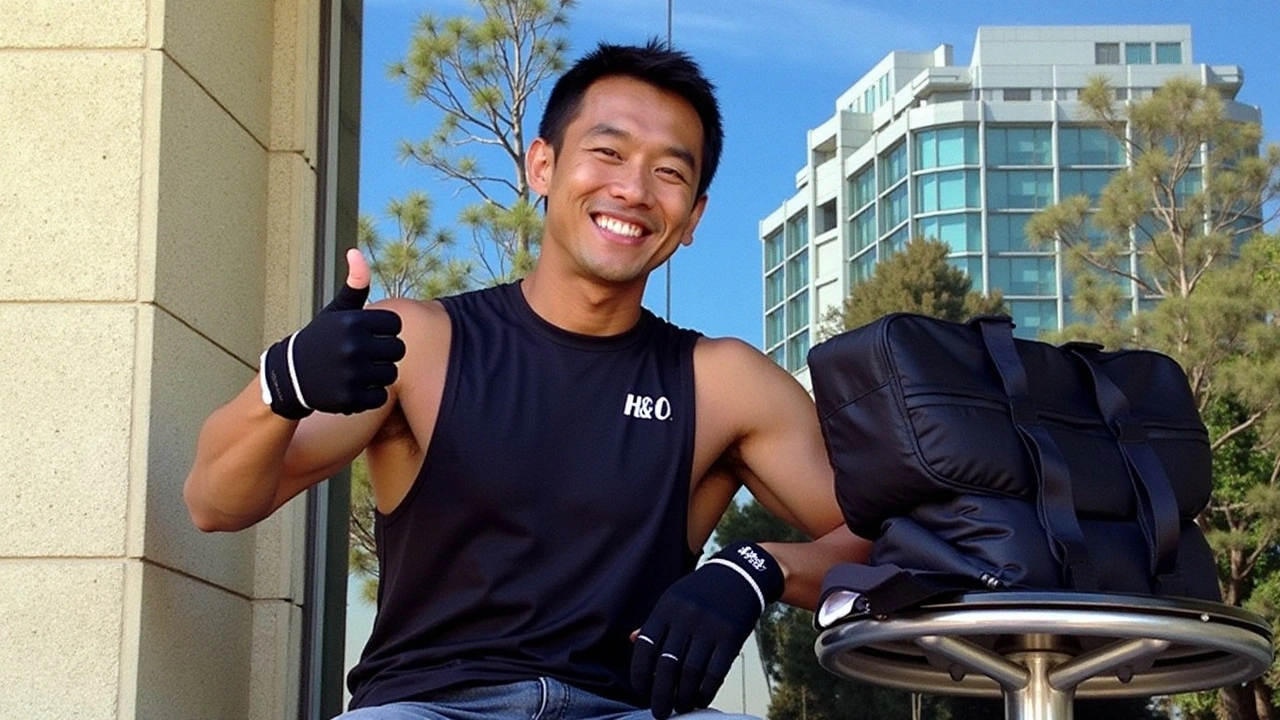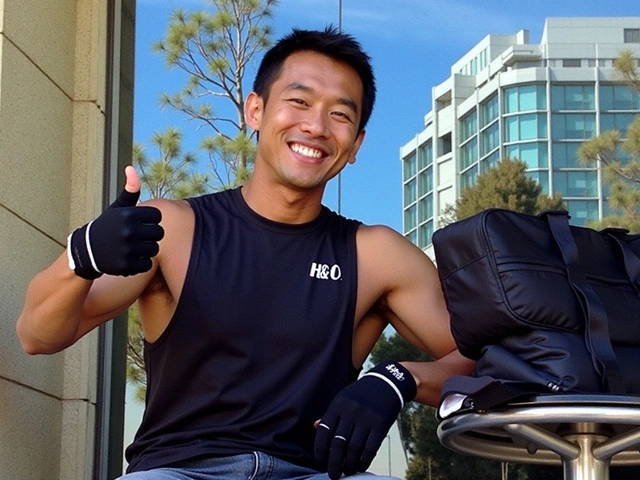The Unusual Sleep Experiment of Daisuke Hori
Daisuke Hori, a 40-year-old entrepreneur from Hyogo, Japan, has adopted a sleep routine that defies conventional wisdom. For the past 12 years, Hori has limited his daily sleep to just 30 minutes. He believes that this extreme reduction in sleep time has not only enhanced his work efficiency but also improved his overall focus and productivity. Hori began this experiment to gain more hours in his day for various activities, gradually reducing his sleep time until he settled on this ultra-short sleep schedule.
The Concept of High-Quality Sleep
Hori advocates for what he calls 'high-quality sleep,' suggesting that the quality of sleep is far more significant than its duration. According to him, this approach benefits individuals who require sustained focus, such as doctors and firefighters. He asserts that high-quality sleep, even if it is shorter, can be more restorative and beneficial than longer periods of less efficient sleep. To support his claims, Hori founded the Japan Short Sleepers Training Association in 2016, where he conducts workshops on sleep optimization and health.
Training Ultra-Short Sleepers
Since founding his organization, Hori has taught approximately 2,100 students to become ultra-short sleepers like himself. These workshops attract individuals from various walks of life, each seeking to maximize their waking hours while minimizing sleep. Through structured courses, Hori shares techniques on how to achieve high-quality sleep, making his methods both fascinating and controversial.
Expert Opinions on Sleep Reduction
While Hori's approach might sound appealing to those craving more hours in their day, sleep experts remain skeptical. Dr. Prasanna Kumar T, a Consultant Pulmonologist and Sleep Medicine Specialist, points out the potential dangers of such an extreme sleep schedule. According to Dr. Kumar, drastically cutting sleep can lead to chronic sleep deprivation, which has severe ramifications for memory, immunity, mood, and even cardiovascular health. He explains that while some individuals may naturally require less sleep, the majority of people cannot function optimally on such limited rest.
Health Risks of Ultra-Short Sleep
Another sleep specialist, Dr. Sachin D, echoes these concerns. He reveals that the mental and physical stress associated with such minimal sleep can be significant. Chronic sleep deprivation disrupts the brain's ability to process and store information, leading to cognitive decline. It can also weaken the immune system, making individuals more susceptible to infections. Moreover, mood disorders such as anxiety and depression are commonly observed in people who do not get adequate rest.
The Brain's Need for Sleep
Experts emphasize that the brain requires a certain amount of sleep to function at its best. Sleep is crucial for various cognitive processes, including memory consolidation, learning, and emotional regulation. During sleep, the brain undergoes essential maintenance, clearing out toxins and repairing neural connections. A lack of sufficient sleep impairs these processes, leading to a decline in overall brain performance.
The Controversy and Ongoing Debate
Despite the mounting concerns from the medical community, Daisuke Hori remains steadfast in his beliefs. He is convinced that his ultra-short sleep schedule has significantly improved his quality of life, and he continues to promote his methods to others. This ongoing debate highlights the complexity of sleep science and the varying needs of individuals. While Hori's approach may work for a select few, experts caution against adopting such extreme sleep habits widely.
Conclusion
The case of Daisuke Hori and his 30-minute sleep routine raises essential questions about sleep and its impact on health. It challenges traditional notions about the necessity of a full night's rest and brings to light the diverse sleep requirements of different individuals. As research continues to evolve, it remains crucial to approach sleep with a personalized perspective, considering both the quality and quantity of rest required for optimal health and well-being.



Leave a Comments